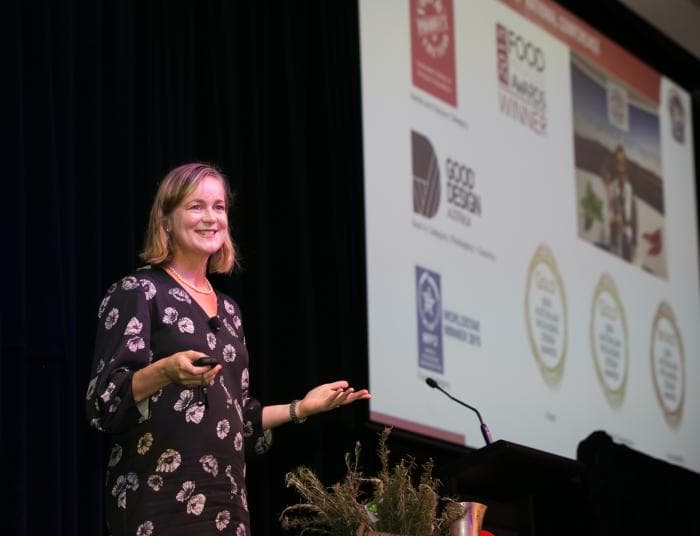How did you first get involved in the ginger industry?
After completing a commerce degree at the University of Queensland, I worked as a graduate accountant within the audit division of Ernst and Young. We were working with Buderim Ginger on the Sunshine Coast and the CFO at the time asked if I knew a go-getting graduate who would be interested in doing market research, innovation, marketing, tourism and communicating the stories of the ginger farmers. I thought, I can do that. I threw my hat in the ring, spoke to the managing partner at Ernst and Young who gave me their blessing and that’s how it started. That was 1995, so a long, long time ago.
I became a constant researcher and promoter of ginger, it gave me a huge amount of confidence in my new trade of innovation, marketing, business development, and research and development.
What do you hope to achieve in your time as chair of the Ginger Advisory Panel?
I hope to facilitate robust and respectful conversations, so the AgriFutures Ginger Advisory Panel is best placed to recommend the most strategic RD&E projects for the prosperous sustainability of the Australian ginger industry for generations to come. I plan to serve the levy payers by bringing to the Panel independence, good governance and a global agri-food perspective. My promise to the levy payers is to ensure that all voices are heard and different perspectives are considered.
Since you started in ginger 25 years ago, what have been the biggest changes you’ve seen in the industry?
There is an increasing trend around the value and acceptance of the goodness and medicinal benefits that all herbs and spices can have, but ginger plays a special role in that mix. The trend towards finding more natural ways of solving consumer health concerns, including aspirational desires towards wellness, immunity, supporting women through pregnancy, a whole raft of things.
We’ve seen a shift into Asian cuisines which is building consumer demand for ginger domestically and in export markets. Off the back of culinary demand, is the beverage industry. Through all of this the flavour acceptance, as well as the goodness benefits, will continue to see new opportunities coming through.
Globally there is a greater focus on addressing sustainability at the farm level and complementing environmental and increasing concerns with sustainable commercial benefits.











